May Day Special:National AAAAA Tourist Attractions in Shanxi
The May Day holiday is approaching. When you plan to visit Shanxi, the national AAAAA tourist attractions are unmissable. Now let's get to know them!
1. Shanxi,Datong|Yungang Grottoes
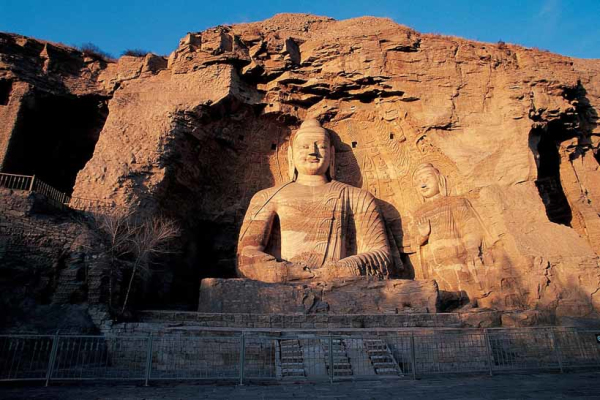
Yungang Grottoes, one of the four major grottoes in China, are the pinnacle of Chinese Buddhist art. With a history of more than 1,500 years, the Grottoes represent the highest level of world sculpture art in the 5th century AD. Yungang Grottoes are likened to Roman stone carvings in the East by artists. The Grottoes are known as the world's three art treasure houses of stone carving together with the Ajanta Caves in India and the Bamiyan Grottoes in Afghanistan. With a carving area of more than 18,000 square meters, the Yungang Grottoes are comprised of 45 major caves, 209 affiliated caves, and more than 59,000 statues.
2. Shanxi,Jinzhong|Pingyao Ancient City
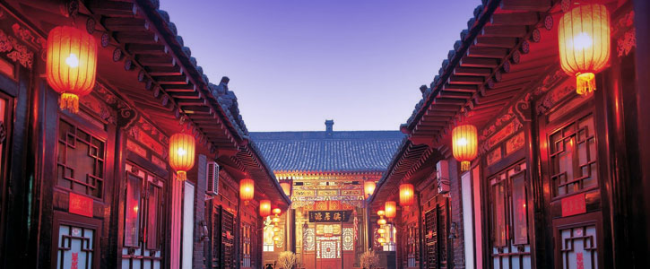
Pingyao Ancient City is one of the four best-preserved ancient cities in China and is on the list of the world's top 10 ancient walled cities selected by CNN, together with other famous historical buildings in the world such as Historic Fortified City of Carcassonne in France, York Castle in England, and Quebec City in Canada. The ancient city today is also intertwined with modern art. The annually-held activities such as “Pingyao International Film Festival” and “Pingyao International Photography Festival” have become a glittering cultural symbol of Shanxi.
3. Shanxi,Xinzhou|Wutai Mountain

Located in Xinzhou City, Shanxi Province, Wutai Mountain is home to the largest Buddhist ancient building complex in East Asia and even in the whole world. It is known as one of the five holy places of Buddhism in the world and enjoys the reputation of “Buddhist Paradise”. Wutai Mountain integrates its natural features with Buddhist culture, perfectly embodying a concept of Chinese philosophy which is “harmony between humanity and nature”. With the vigorous protection by the emperors of the past dynasties and the hard work of Chinese and foreign monks and ordinary people, the uncommon ancient building complex, the rare group of Buddhist statues, and the unique Buddhist music have been well preserved, for which it is known as “Treasure House of Ancient Chinese Architecture Art”.
4.Shanxi,Xinzhou|Yanmenguan

As a vital component of the UNESCO World Heritage Site, the Great Wall, Yanmenguan is situated atop the Gouzhu Mountain section. According to legend, wild geese (pronounced “Yan” in Chinese) passing through here must circle three times, hence its name Yanmen. Yanmenguan is acclaimed as the “First Pass of China” not only for being a singular pass but also for constituting a comprehensive military defense system.
5. Shanxi,Jincheng|House of the Huangcheng Chancellor
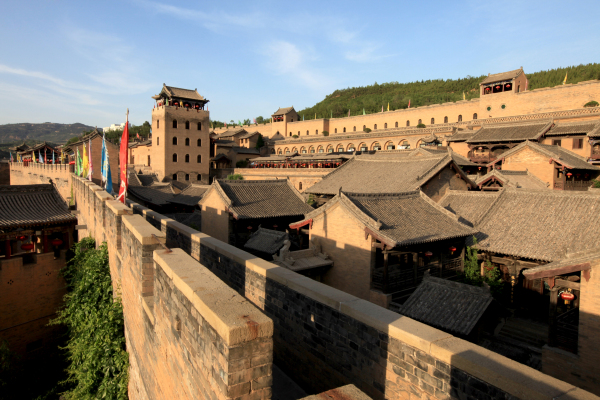
Located in Jincheng City, Shanxi Province, House of the Huangcheng Chancellor was the former residence of Chen Tingjing, a prominent minister during the Qing Dynasty. It was named “Huangcheng” because Emperor Kangxi stayed here twice. As a unique complex of Ming and Qing dynasty-style castle-like buildings, the House of the Huangcheng Chancellor is acclaimed as the “Ancient Castle of the East”.
6.Shanxi,Jinzhong|Mianshan

Mianshan is renowned for its rich Taoist culture and magnificent natural scenery, serving as the birthplace of the traditional Chinese festival, the Qingming Festival. It is not only a pilgrimage site for Taoist believers but also an ideal destination for exploring the beauty of traditional culture and nature, attracting countless pilgrims and tourists.
7. Shanxi,Linfen|Hongtong Dahuaishu Ancestor Memorial Garden
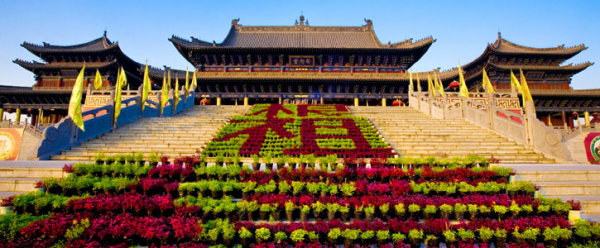
The Dahuaishu, or the Big Locust Tree, in Hongtong Dahuaishu Ancestor Memorial Garden in Shanxi Province, is considered to be the origin of many Chinese surnames. Many migrants in the Ming dynasty set out from the tree in Hongtong County to find new areas for settlement, distributing to 18 provinces(including autonomous regions and municipalities directly under the central government), 536 counties, and overseas. It is the largest, most extensive, organized, and planned migration in Chinese history. After six hundred years of migration and reproduction, wherever there are Chinese in the world, there are descendants of immigrants from the big locust tree.
8. Shanxi,Changzhi|Grand Canyon of Huhuan Taihang Mountain
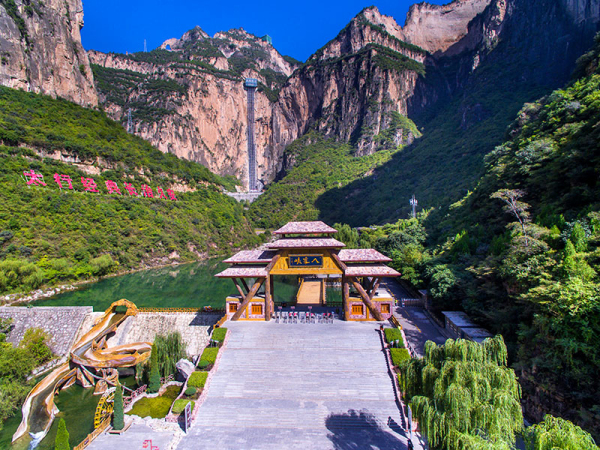
The Grand Canyon of Huguan Taihang Mountain is situated at the junction of Shanxi and Henan provinces. It was once rated as one of the “Top 10 Most Beautiful Canyons in China”. It not only has a magnificent atmosphere similar to the Grand Canyon of Colorado but also has abundant vegetation like that of the Grand Canyon of Sumidero in Mexico. The main gorge is 35 kilometers long from east to west, connecting more than 400 scenic sites. With a forest coverage rate as high as 74.9%, the canyon contains more than 130 protected animals at many levels.
9. Shanxi,Linfen|Mount Yun
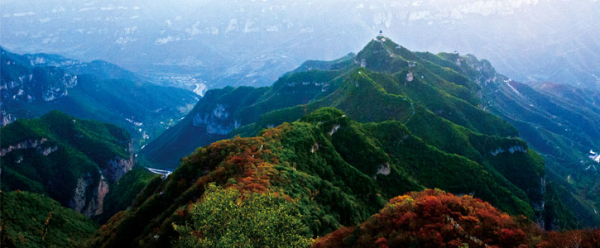
The Mount Yun integrates tourism sightseeing, leisure entertainment, and cultural exchange, making it a comprehensive tourist destination in southern Shanxi. It houses China's largest natural ice cave and wind cave complex. The unique karst landforms and rocky mountain forest environment give rise to various peculiar peaks and landscapes, making it a geographical landmark of Huaxia's indigenous culture.